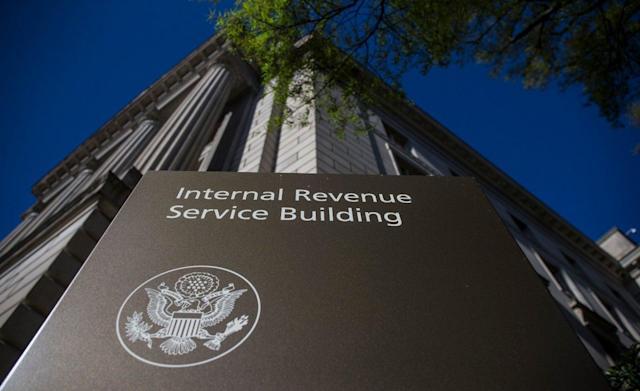In announcing Monday that it would begin to accept and process 2021 tax returns on Jan. 24, the IRS admitted its taxpayer service has been subpar, with a backlog of prior-year returns still to process.
CPA tax professionals are greeting the launch of tax season with skepticism for if the IRS will be able to contend with its continuing logistical challenges, with taxpayers and their preparers likely to experience more frustration and delays.
- While acknowledging that its performance has caused taxpayer frustration, the Service sounded an optimistic note for the current season, saying that the Jan. 24 date will allow it enough time to conduct programming and testing to “ensure IRS systems run smoothly.”
- It also emphasized taxpayers’ role in expediting processing, by e-filing with direct deposit or debit and making sure advance child tax credit payments and economic impact payments (EIPs) are properly reconciled with their corresponding full-year credits.
But the IRS must do more, said Barry Melancon, CPA, CGMA, president and CEO of the AICPA, in a statement.
“Treasury officials acknowledged that the upcoming 2021 tax filing season will be ‘frustrating’ for Americans but stopped short of providing any measures they intend to implement to mitigate the expected challenges. During the past year and a half, the AICPA has repeatedly urged the IRS, Treasury, and Congress to provide greater tax penalty relief in light of the COVID-19 pandemic and resulting taxpayer hardships. These recommendations would meaningfully reduce persistent, unnecessary, and erroneous notifications and help American taxpayers. These are all actions the IRS can take right now,” Melancon said. Who goes on in recommending rather than merely state the obvious, the IRS should also:
- Halt its compliance actions, such as liens and levies, until it can devote sufficient resources for a timely resolution of the matter;
- Timely align taxpayers’ requests for account holds with the time it takes the Service to process any penalty abatement requests;
- Provide taxpayers with a simplified abatement process; and
- Provide taxpayers with targeted relief from underpayment and late-payment tax penalties for the 2020 and 2021 tax years.
Chris Wittich, CPA, partner with Boyum Barenscheer in Minneapolis says, “This tax season has the potential to be even worse than the previous two because the IRS is still significantly behind. The IRS has had a very challenging two years, but they have not handled them well, and they’re getting further behind, if you ask me. I just don’t have any optimism for tax season.” Wittich also mentions that an even bigger issue than unprocessed returns — and one likely to affect 2021 returns — is the IRS’s failure to timely process taxpayers’ responses to IRS notices.
“People have replied very quickly, but it’s taking six, nine, 12, or 15 months for the IRS to open the mail and process a fairly simple reply. I would love to see them not assessing penalties in the first place, turning off the notice-and-penalty machine, which they seem unwilling to do,” he said. “The IRS has to do some kind of streamlined penalty abatement.”
Similarly, taxpayer requests for abatement of tax penalties are not being processed timely in many cases. Then a progression of subsequent notices can escalate to a levy, alarming the taxpayer, while his or her claim of reasonable cause goes unheeded. All of which presages more taxpayer frustration from existing provisions that the IRS struggles to administer — and the possibility of still greater angst if Congress passes new ones retroactive to 2021. And the pandemic, for that matter, is far from over.
Edward Karl, CPA, CGMA, the AICPA’s vice president–Tax Policy & Advocacy points out, “The pandemic has created enormous challenges for the IRS that, realistically, may only get worse as the omicron variant rapidly fuels new infections. If the government continues to operate under a continuing resolution, which appears likely right now, it will create an additional layer of complications for the Service. Entering the tax filing season with a significant processing backlog and a temporary funding mechanism for taxpayer services, while managing inevitable COVID infections among IRS staff, will further overburden an already-strained agency. Now more than ever, the IRS must take actions to ameliorate what the Service has already identified to be a difficult situation.”



